Welcome fellow space traveller :-) here's our latest look at the vegan news w/e 30th June.
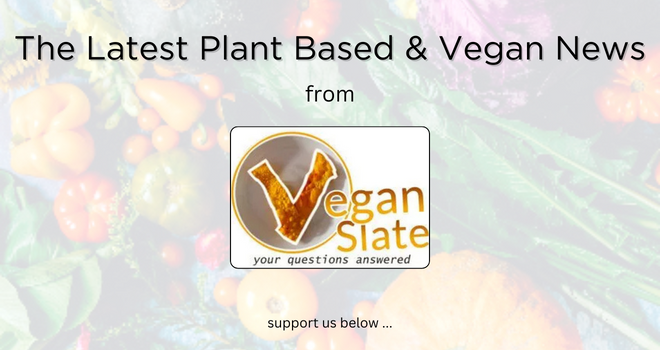
I hope your week has been a good one and your actions have had a positive impact on the lives of animals. If you’re living vegan then that’s a given 🙂
Thanks for checking out our offering this week which includes stories covering, among others, the true cost of animal agriculture, explosive growth in the plant-based protein sector and an animal testing lab turned animal sanctuary!
Let’s get into it …
As always, we ask you to share and comment if you like this week’s newsletter. We are nothing without you and your engagement is hugely appreciated!
Please do ping us over your news – We read every email!
… and without further ado.
Thank you for being with us!
– Rohan 🙂
This Week’s Top Story
Tackling the True Cost of the Animal Agriculture Industry …
When you pick up a steak or chicken breast at the grocery store, have you ever thought about what it truly costs? No, I’m not just talking about the price tag.
Animal agriculture is so heavily subsidised that the real cost of that meat is far more than what you pay at the checkout. This week I want to dive into the hidden world of subsidies and their impact on our planet.
First, let’s talk about the European Union. Did you know that over 80% of the EU’s farming subsidies go towards emissions-intensive animal products?
Yes, you heard that right. The same policies that should support sustainable farming are instead backing practices that perpetrate unbelievable cruelty on our farm animals and massively harm our environment.
It’s a bit like paying for your own house to be set on fire …

These subsidies are not just a financial burden …
They prop up a farming system that is both socially and environmentally broken. The EU’s Common Agricultural Policy has, for decades, supported a model that depletes our resources and devastates ecosystems.
Trade deals and market liberalisation have only poured fuel on the fire, making it harder for sustainable farming practices to compete.
Denmark is one country trying to address this imbalance with a carbon tax on agriculture. It’s a step in the right direction, aiming to make the true environmental cost of farming more transparent. But we need more widespread reforms to make a significant impact.
Consider the story of a small-scale farmer in Italy who wanted to transition to organic farming. Despite the benefits for the environment and animal welfare, she struggled to get by because the subsidies she received were a fraction of what large-scale animal agriculture operations get.
This isn’t just an isolated case; it’s a systemic issue …
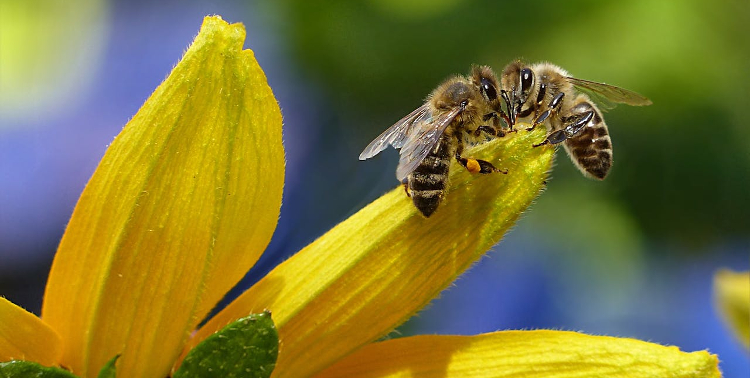
But we could live in a world where subsidies support sustainable farming practices. Imagine those funds going towards plant-based agriculture, promoting biodiversity, and restoring our natural habitats. It sounds almost too good to be true, but it’s a future worth fighting for.
So, what can you do? Start by questioning the real cost of the food on your plate. Support policies that push for subsidy reform and advocate for transparency in food production. Every small action counts towards creating a fairer, more sustainable food system.
So to wrap this up, we’ve explored how the meat on your plate comes with hidden costs that extend far beyond your wallet. By understanding these hidden costs and advocating for change, we can work towards a more sustainable and just agricultural system.
The true cost of animal agriculture is a price we’re all paying, but it’s not too late to make a change.
Let’s make informed choices and push for a future where the cost of food reflects its true impact on our planet, our society and our animal friends.
… and we haven’t even touched on the cost of healthcare associated with treating diseases related to consuming animal products. That’s a whole other article … maybe a ‘part 2’ for next week!
As always I’d love to know what you think. Let me know …
Thank you so much for reading 🙂
Have a great week from all at Vegan Slate …
– Rohan McAvee
Recommend us to your friends …
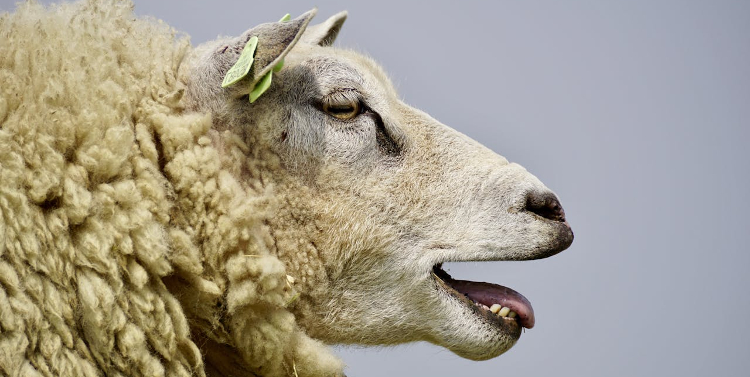
Quick Links:
- Freedom Fields: from animal testing lab to an animal sanctuary. Freedom feels good.
- Plant Based Chicken Nuggets win out in the ‘world’s largest’ blind taste test.
- The Emotional Lives of Animals – A seminal exploration of animal emotion & sentience.
( paid link ) - RIP Dr John McDougall: Much loved plant-based physician passes peacefully in his sleep.
- Free Course – Vegan nutrition essentials.
- 10% Off Code for Vedge Nutrition Store-wide (use: VEGANSLATE)
( paid link )
(To help with running costs, Vegan Slate is a member of the Amazon Associates Program and as an Amazon Associate, earns from qualifying purchases.There’s no extra cost to you if you use a paid link)
Around The Vegan Web This Week Ending 30th June 24
Can Plant-Based Meats be a Heart-Healthy Swap?
A recent review led by Dr. Matthew Nagra reveals that plant-based meats are generally better for heart health than their animal-based counterparts. Despite being labeled as “ultra-processed,” these alternatives often contain less saturated fat and more fiber, contributing to improved cardiovascular health. “Swapping out meat for PBMAs is likely a more heart-healthy choice,” notes Dr. Nagra. While sodium content in some plant-based products is high, they haven’t been linked to elevated blood pressure, unlike processed meats. It’s yet more evidence that embracing plant-based living can offer significant heart health benefits.
NHS to go Plant-Based? Public Backs Healthier Hospital Food
A new survey reveals that more than a third of Brits support switching NHS hospital menus to entirely plant-based options for their health and environmental benefits. Dr. Shireen Kassam of Plant-Based Healthcare Professionals UK highlighted, “There’s certainly an appetite to see change.” Benefits cited include promoting healthier eating post-discharge and being more inclusive. This shift aligns with broader trends towards plant-based living, which could help reduce heart disease and diabetes while also benefiting the environment.
Plant-Based Iron Supplements Market Booms as Interest in Veganism Surges …
The plant-based iron supplements market is projected to soar to $352.9 million by 2032, driven by the growing popularity of veganism and increasing health awareness. A lead analyst at Future Market Insights highlighted, “Demand for plant-based iron supplements is set to surge at a fast pace.” These supplements offer a versatile and cost-effective alternative to animal-based iron, appealing to health-conscious consumers who also care about the animals we share our planet with. Embracing plant-based diets not only boosts individual health but also supports environmental sustainability and directly reduces the demand created for animal products.
Deviled WunderEggs Now at Whole Foods: A Vegan Delight!
Crafty Counter has rolled out its much-anticipated Deviled WunderEggs nationwide at Whole Foods Market, offering a vegan twist on a classic favorite. These plant-based treats mimic the traditional deviled egg, complete with a “Devilish Wunder Mix” made from Fabalish Foods’ Classic Vegan Mayo. “This success underscores that the market, consumers, and retailers are ready to embrace innovative plant-based foods,” said Hema Reddy, founder of Crafty Counter. The egg whites are crafted from a blend of almonds, cashews, chickpeas, and konjac, promising the familiar texture and taste without any animal products. This launch highlights the growing demand for plant-based options and Crafty Counter’s commitment to sustainability.
Project Pioneers Plant-Based Egg Alternatives, Seeks Partners
Palsgaard and Aarhus University are seeking partners for the €5 million PIER project aimed at developing cost-effective, sustainable plant-based alternatives to egg ingredients used in food products like cakes and dressings. Claus Hviid Christensen of Nexus stated, “We’re looking to bring in partners… testing their existing recipes and developing new recipes using solutions that are not yet available on the market.” This initiative could significantly reduce carbon emissions, highlighting the benefits of plant-based living for tackling global warming. Not to mention addressing the desperate plight of chickens in the animal agriculture industry.
Plant-Based Protein Market Set to Skyrocket to $20.5 Billion by 2029
The global plant-based protein market, currently valued at $14.2 billion, is projected to hit $20.5 billion by 2029, driven by a growing demand for natural and clean-label food ingredients. “Consumer preference for health-centric food is fueling this surge,” says an analyst. Key protein sources include soy, peas, and lentils, which align with the rising trend of plant-based diets known for their health benefits and sustainability. This market shift underscores the increasing adoption of vegan and plant-based lifestyles. Is the world finally waking up to a vegan future?
You can help support Vegan Slate by engaging with our content. Please check out the post below and leave us a comment or share on your favourite socials. It will help us more than you think!
Thank you 🙂
Blog Post: Previously on Vegan Slate …
What Is The Greenest Milk? (dairy vs plant milk)
It’s an unnecessarily contentious one today! On the same page of Google results you can find diametrically opposed ‘facts’. Trying to compare apples with apples is next to impossible but we can try 🙂 From prison-like factory farms producing billions of litres of dairy milk to vast Californian almond plantations, what is the greenest milk? What Is The Greenest Milk? …

Thanks so much for reading Vegan Slate and have a non-violent day 🙂
– Rohan
Vegan Slate
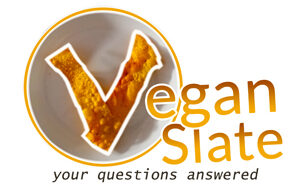
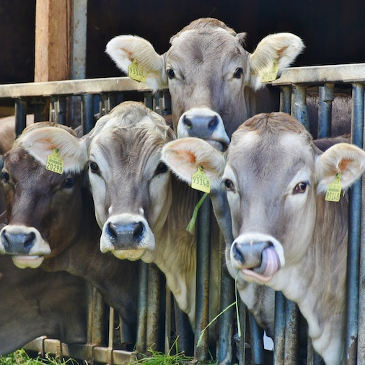

Yo thanks friend, this post really nails how messed up the system is with all these subsidies propping up animal farming, even though it’s trashing the planet. Shifting that cash to plant-based farming is the move we need. It’s time to push for change that actually benefits the earth and our health. I’m vibin’ with the idea, but how do we, as regular folks, start making that shift happen faster? Anyone got tips or resources on how to advocate for this?